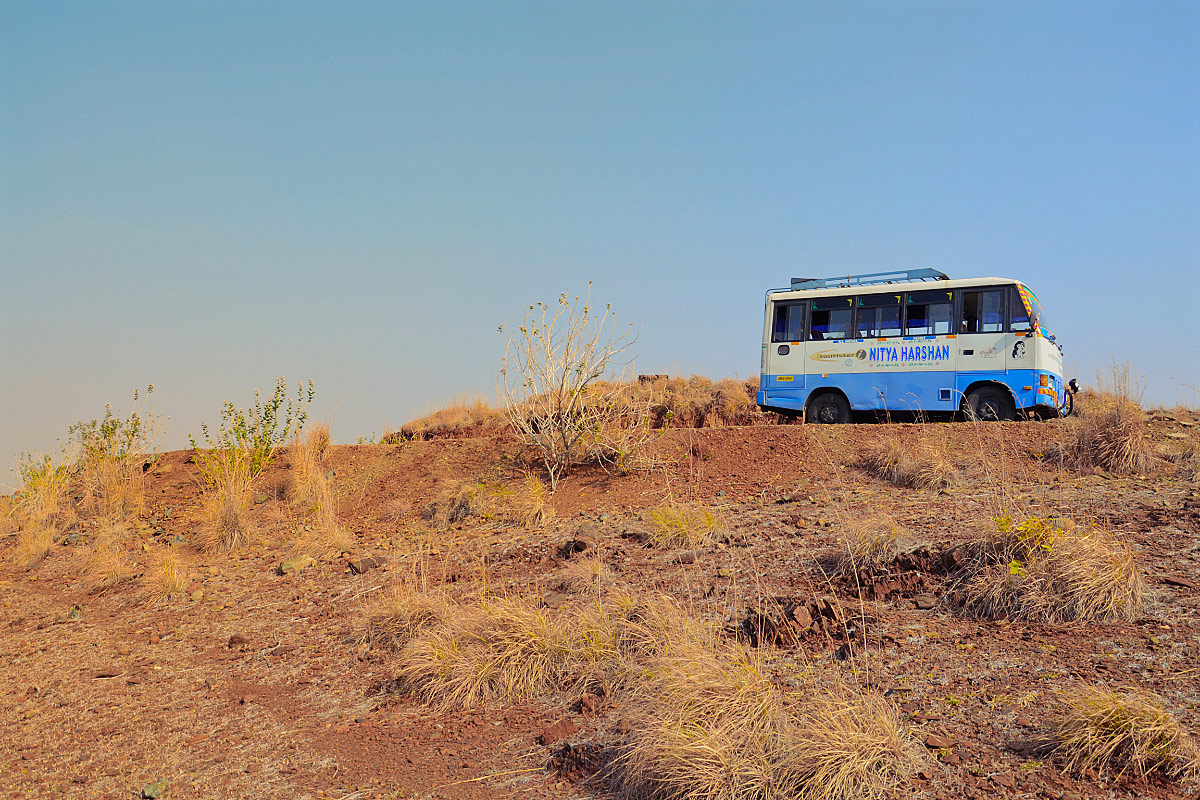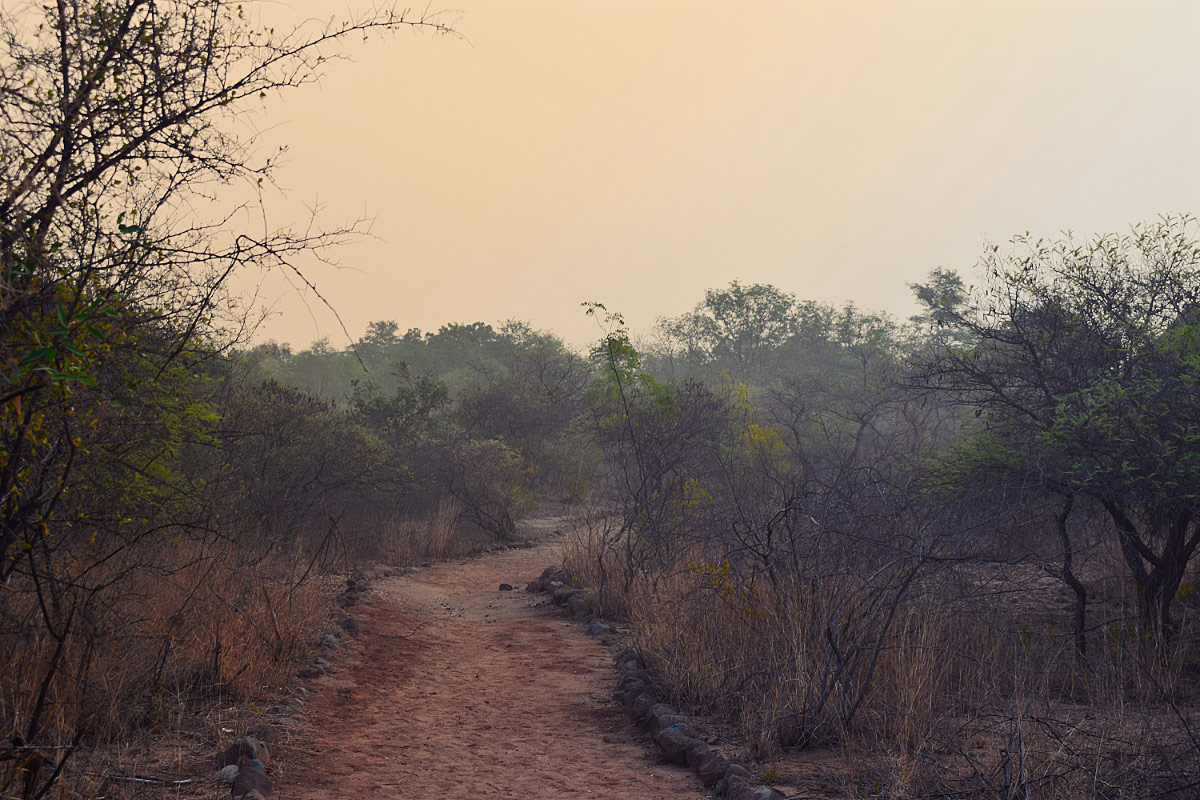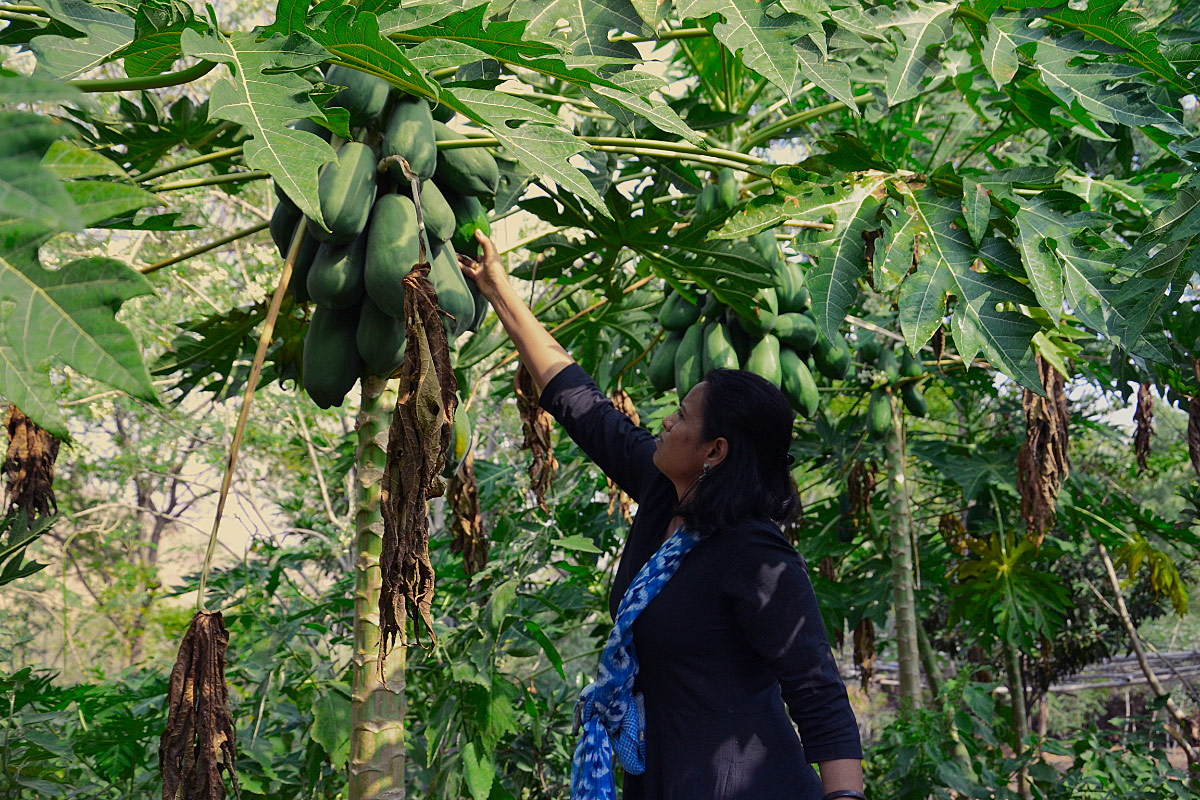The New Gastronome
The House is on Fire
… and Molly has only a teaspoon to put it out
by Par Olov Bengtsberg
by Par Olov Bengtsberg

Andhra Pradesh is one big, dry and, to a great extent, illiterate region in Southern India, where some of the poorest people of our planet live; where forests are removed in order to make space for market crop farming; where state-subsidized fertilizers and pesticides are everywhere and land can be bought cheaply. But, it is also a place, where one woman is fighting a silent revolution: meet Molly from the Timbaktu Collective.
The Timbaktu Collective was founded 25 years ago by Mary, Bablu and John, with 32 acres of barren and degraded land. The mission was to build an agro-forest habitat using the principles of permaculture, natural farming and the Earth’s wisdom. Since, the place has transformed, which makes it hard to imagine just how dry the land once was, before the founding fathers – and mother – started reforestation. It is not hard, however, to imagine how much restless work they have put into it. During our study trip to India, we spent days with Mary and Bablu’s daughter, Molly, who is now a front figure at Timbaktu.

When I picture Timbaktu in my head, I don’t see the chaotic, colourful and crazy India that my imagination had designed. Instead, I see a calm and green oasis where growing and cooking food seems to set the tone for each day. I see a school with happy kids from not-so-happy backgrounds and several offices, working restlessly to empower thousands of people in the area. Among other things, their work revolves around disabled adults and children, an organic farming project, education and the promotion of rural enterprises, but the list goes on. All of them are initiatives inspired by the direct needs of the area, powered by the philosophy to always look deeper, as Molly explains with a graphic example: “It would make no sense to have a husband and a wife that do organic farming perfectly and as their only focus, because then, if the man beats his wife, there is a problem; or, if he doesn’t beat his wife, but they have three children and one of them has a mental disability and they don’t take proper care of that child, there is a problem; or, let’s say that they don’t do that either, but they use really harsh indulgence on their skin, and they use it on the baby as well because they don’t know any better – not only is it harmful to them but it is also harmful to the soil and the water. There, again, is a problem!”

Swasakthi was the first programme started because “there was a problem.” Realising that, “in a highly patriarchal social context, women have no choice but to fight for their independence”, this project works on economic empowerment, helping women to their own finances: simply put, the initiative is about a shared account between women into which a certain amount of money is paid and where the common credit is handled through direct democracy. “A woman could now access money for a cow, medicine or necessary travel, which just wouldn’t have been possible before”, Ms Ramalakshmamma from the project explains.
“We were in India at the same time, which was early 2000, as an alarming amount of farmer suicides happened. Many, many farmers had taken their own lives and sometimes their family’s, as the husband would be so in debt that he would see no other solution!”
But there is more to the story than meets the eye at first glance: “We were in India at the same time, which was early 2000, as an alarming amount of farmer suicides happened. Many, many farmers had taken their own lives and sometimes their family’s, as the husband would be so in debt that he would see no other solution than killing his whole family. In the year 2004, more than 18 thousand farmers killed themselves out of desperation,” Molly recounts: “Around the same time, the women’s cooperative members were taking bigger and bigger loans to buy pesticides and fertilizers because that was what their families needed.” Both sets of numbers, one of the rising farmer suicides and one of the women trying desperately to get money to help their families found their way to Timbaktu. “Now, what happens is this: when you use chemicals like this, you are going to have excellent returns for a few years, because you are just pumping that field and after your two good harvests you will fail, fail and fail.” Agrochemicals, like the ones Molly soon knew better than she had ever wanted, got a government subsidy in India, contributing to a vicious cycle: “You get more and more worried, so you start pumping in more and more pesticide! Remember, we are talking about completely illiterate people, they can not read, they can not write, they are very poor and they are from the lower cast so no one asks them their opinion.” Even the money from the Swasakthi project was largely used to buy pesticides: “It was clear that we have to do something, we could not sit back and let this happen.”
According to Molly, it was a complete fail of policies: “The government of India has given land to people and then provided them with pesticides saying here, go and farm. So, not all of them were even farmers, to begin with!” Therefore, all they knew about farming had come from the state telling them to cultivate monocrops and cash crops, using agrochemicals: “They had great crops at first and suddenly everything was gone, so they are now completely stuck with drained soils”, Molly continues, realising how education on natural farming would be the only solution: “This is where it gets interesting for us! We don’t want to romanticize the past because that is very easy to do, we could always say that it was ideal back then when people only farmed naturally, but it was not, the past was pretty bad.” Organic farming at Timbaktu focuses on bringing back soil fertility through multi-cropping and crop rotation. Locally available materials, like the leaves from Neem trees or cattle manure, are used as a tonic for the soil. Timbaktu also persuaded the farmers to use crops suitable for the climate, like Picchi Biyum! Being shaped like a thorn, this rice variety, will attach itself to whatever and spread in that way. It is also drought resistant, using less than a fourth of the water that a white rice paddy crop would require.

Being a farmer may not necessarily make someone street-smart but it does make people farm-smart, as any farmer is running their own business, having to know how big their output needs to be to financially support them. Timbaktu had to prove to the farmers in the area that working without pesticides was possible and, in fact, even economically better for them. “We say that a transition needs 3 years. For that period we ask for five acres of their land, on which we demonstrated the results organic use gives, like less water usage, no chemical costs and, yet, still a return. No one trusted us in the beginning because people are used to chemicals and once had great crops because of that. So, we needed to prove to them that natural farming could revenue as much as non-natural.”
Today, the Timbaktu organic farming project holds regular workshops and owns two demonstration centres to train thousands of members in the area. “It makes sense,” Molly says smiling, and it does! The farmer suicides have declined, farmers in the area are mostly self-sufficient and the health of the soil has improved. Through the project, a link between the farmer and the competitive agricultural produce market has been established. “We could be an institution now,” Molly says, “but we don’t want to do that, we still wish to work deeply in this area, and we are not the only ones out here. There are so many people working for a change.” As such, this could have ended as a story about converting pesticide farming practices into organic ones, but sadly, these are not the only problems the people of Andhra Pradesh are facing: “The climate is changing! We had such a good run and then it just stopped to rain and now we face weather unknown to us. For example, in 2015, the October crop rotted! For weeks we had a drizzle with cloudy weather, before that, it was a summer, so hot that you cannot imagine it – we certainly never had that before! All of the strong and chemical-free millet and peanuts, all of the roots just rotted on the field and we could only say: what the hell just happened?” Molly has a lot of recent memories like this one: “In March 2015, my banana plants died during a hail storm. I also thought my partner would die because he was outside that day – that’s how big the ice balls were! Many, many, many animals actually did die from them. It is bizarre what is happening here and we cannot make sense of it,” Molly says. After that, it stopped raining in the region and hasn’t started again. Almost five years have passed since.

“‘The house is on fire and people like me have only small teaspoons to pick up the water to try and put out the flames.’ Maybe, if we could all grab our teaspoons and scoop water onto this fire, the Mollies of the world wouldn’t fight their wars in vain. “
The science community has tried presenting these extreme weather scenarios to the Indian government for a long time. Last year, the World Bank stated that 600 million Indians will be moderately or severely affected by changes in temperature and rainfall; the Global Climate Risk Index by Germanwatch ranked India as number fourteen when it released it’s 2018 list at the annual climate summit in Poland’s Katowice in December. That means that India is the 14th country in the world, in which extensive parts and regions have been affected by the impacts of weather-related events such as storms, floods, heat waves etc.
“Climate change is staring us in the face” Molly sighs. We talk about how that helplessness feels, how angry one can get when the arable land suddenly meets an opponent you cannot fight; we talk about the American book I recently read, saying that we are in need of a so-called “Oh-Shit moment”, in order to realize that this climate crisis is real: “That is scary because we are living that moment now” Molly answers. “Do you get frustrated?”, I ask her. “To keep myself from going crazy, sometimes I have to imagine that this is a spinning spaceship and we are all just monkeys with stress” she replies.
The Timbaktu Collective is a silent revolution. They have changed the way people farm in their region because they could see the direct effects of agrochemicals. Unfortunately, they are now faced with living in the direct effects of the Anthropocene. “The house is on fire!” Molly says. “The house is on fire and people like me have only small teaspoons to pick up the water to try and put out the flames.” Maybe, if we could all grab our teaspoons and scoop water onto this fire, the Mollies of the world wouldn’t fight their wars in vain.
Photos ©Pelle Bengtsberg. | Cover Illustration ©Giovanni Maria Di Girolamo